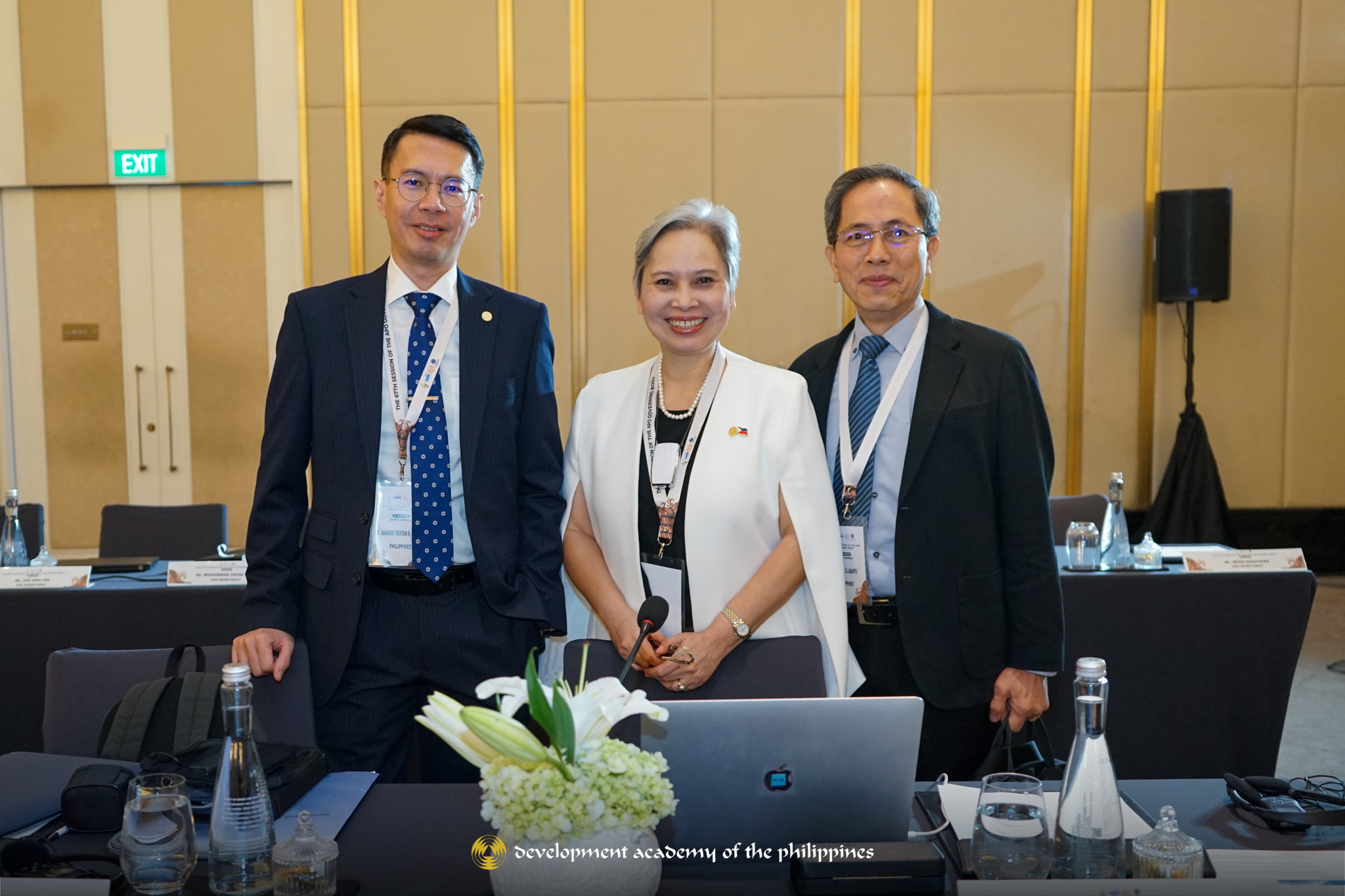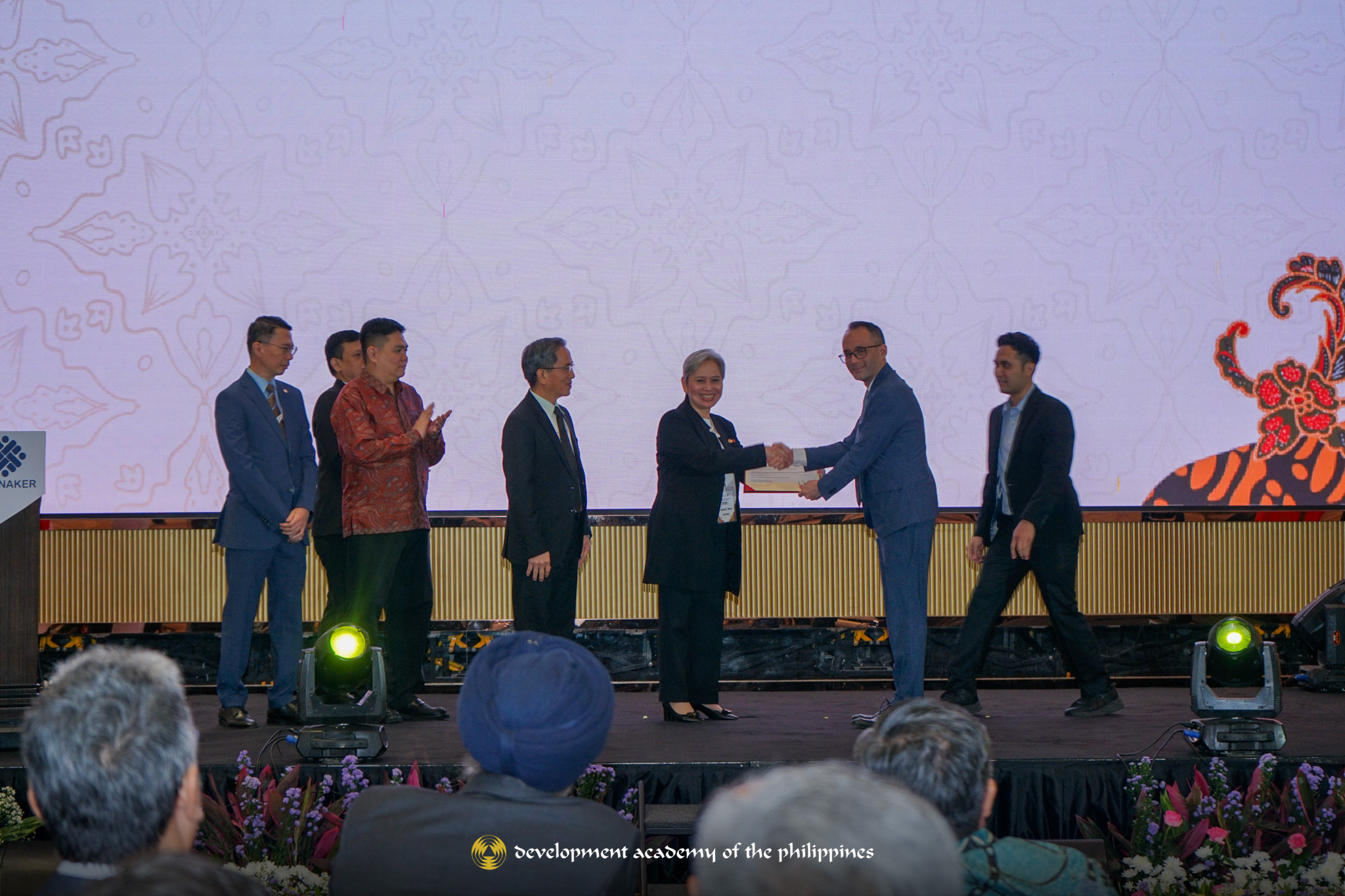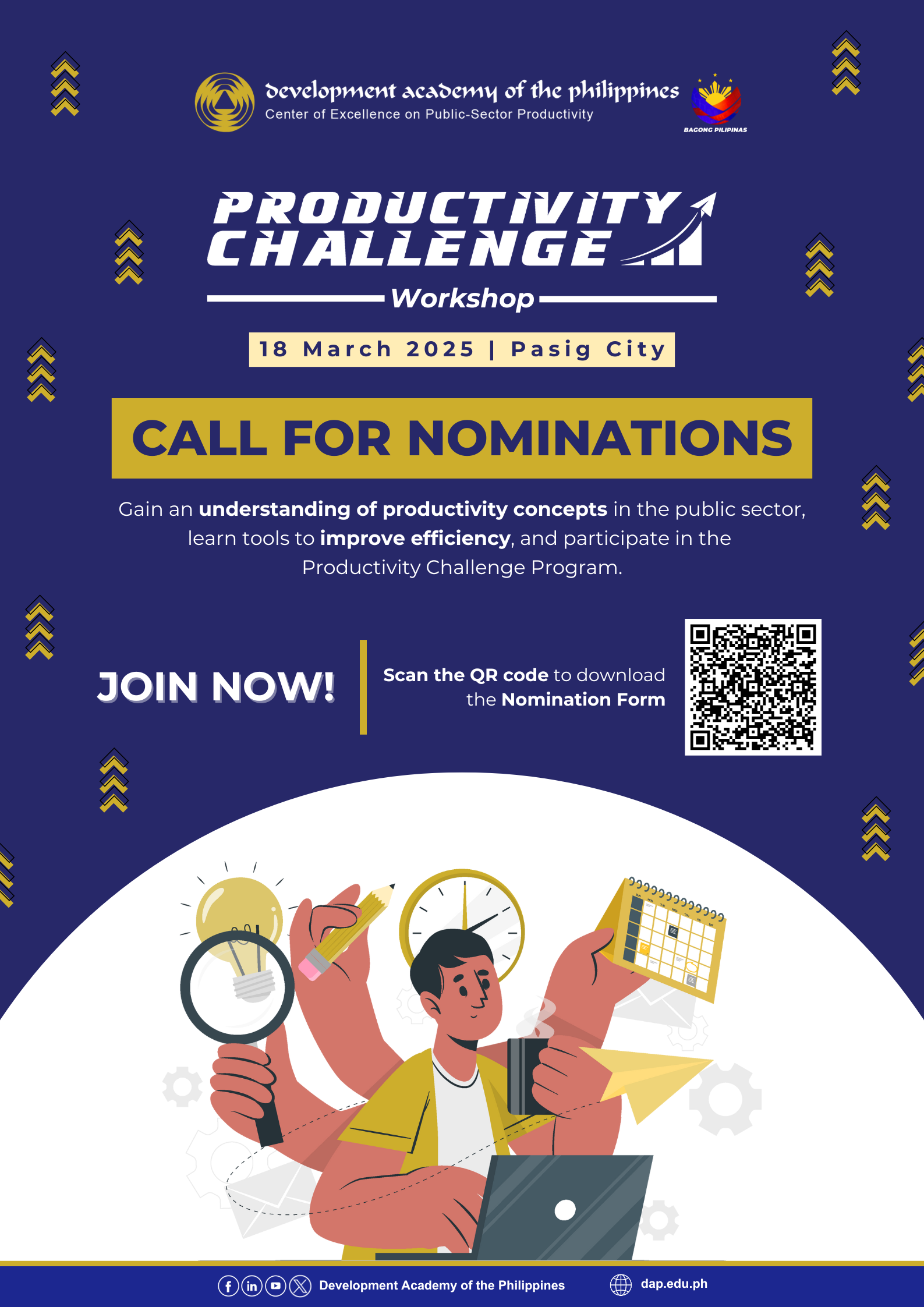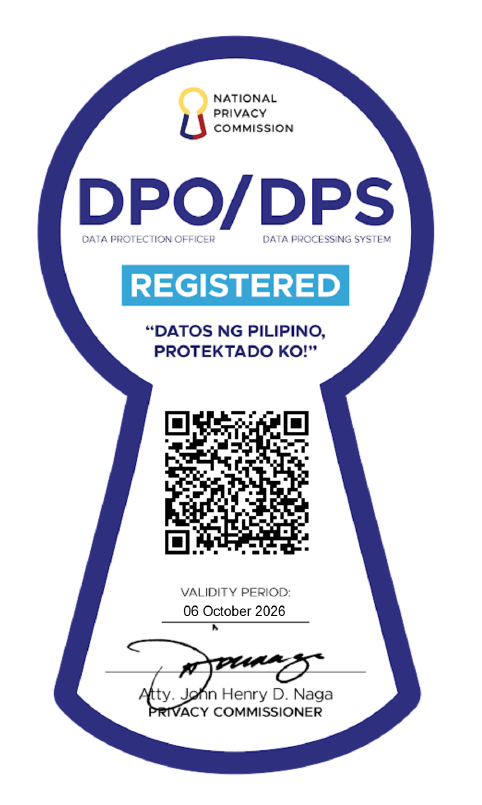
The Philippines actively participated in the 67th Session of the Asian Productivity Organization (APO) Governing Body held from 20 to 22 May 2025 in Jakarta, Indonesia. The country was represented by DAP Officer-in-Charge Magdalena L. Mendoza, in her capacity as APO Alternate Director for the Philippines, along with PDC Acting Vice President Arnel D. Abanto and APO Liaison Officer Armand Tristan R. Suratos.
The meeting gathered 20 APO member economies to assess organizational performance and define future strategic directions. Dr. Indra Pradana Singawinata of Indonesia was re-elected as APO Secretary-General for 2025–2028. India, Indonesia, and I.R. Iran were elected as Chair, First Vice Chair, and Second Vice Chair of the APO Governing Body, respectively, for the 2025–2026 term.
Throughout the meeting, the Philippines expressed support for key institutional initiatives, including the institutionalization of independent evaluations, the endorsement of the APO Post-2025 Vision framework, the extension of the Strategic Digital Capability Plan through 2028, among others. It also reaffirmed the value of Specific National Programs (SNPs) as a flexible and responsive modality for addressing country-specific needs.
At the opening program, Indonesia’s Minister of Manpower, H.E. Minister Professor Dr. Yassierli, delivered the inaugural address. Chargé d’Affaires, a.i. Gonaranao B. Musor of the Philippine Embassy in Jakarta joined the Philippine delegation during the inaugural session. A significant highlight was the formal recognition of the Development Academy of the Philippines (DAP) as the APO Certification Body for the Philippines.

In its official policy statement, the Philippines called for repositioning the APO as a strategic foresight partner and innovation enabler, particularly in a time of accelerating technological disruption and global uncertainty. It emphasized the need to drive responsible digital transformation and AI adoption, support innovation in the public sector, and develop future-ready workforces equipped with digital, green, and lifelong learning skills.
The Philippines also advocated for more flexible and blended learning models to ensure wider accessibility and practical relevance. It encouraged strengthening the capacities of National Productivity Organizations (NPOs), fostering regional collaboration, and expanding communities of practice to deepen knowledge sharing and policy dialogue.
The Philippines reaffirmed its commitment to the APO’s mission, supporting a vision of productivity that is inclusive, innovation-led, and responsive to the future of work and sustainable development.




